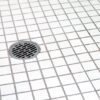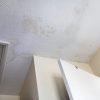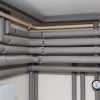Category: Plumbing Tips
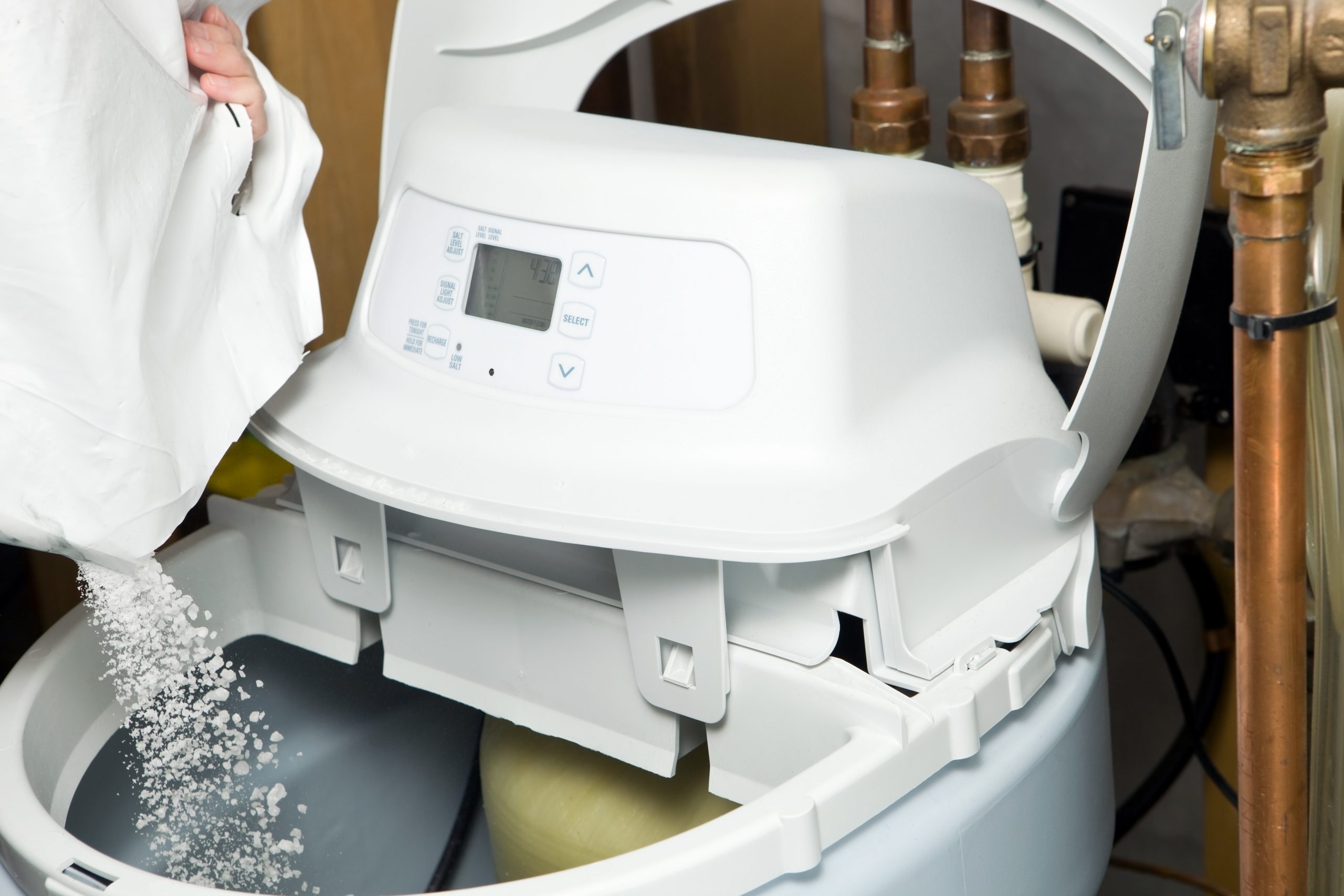
The Ultimate Guide to Water Softener Maintenance
Water softeners are a quiet hero in many Minnesota homes, working tirelessly behind the scenes to fight hard water. They save you money, protect your appliances, and make your skin and hair feel great. But like any hard-working appliance, a water softener needs a little routine care to keep it running smoothly.
This guide will walk you through everything you need to know about water softener maintenance, so you can continue to enjoy the benefits of soft water for years to come.
How a Water Softener Works
Before we dive into maintenance, let’s quickly review how a water softener does its job. The process, called “ion exchange,” is simpler than it sounds.
Your water softener contains a tank filled with thousands of tiny resin beads. These beads have a negative charge, which attracts positively charged minerals like calcium and magnesium, the main culprits of hard water. As hard water flows through the resin tank, these minerals stick to the beads, and the beads release sodium ions in their place. This “exchange” is what makes your water soft.
Over time, the resin beads become saturated with hard minerals and need to be cleaned. This cleaning process is called regeneration. To regenerate, the system floods the resin tank with a saltwater solution from the brine tank. The concentrated salt solution washes the calcium and magnesium off the resin beads, sending the mineral-rich water down the drain. The beads are now ready to soften water again.
Signs Your Water Softener Needs Maintenance
If your system isn’t working correctly, you’ll start to notice some of the classic signs of hard water returning. Be on the lookout for:
- Stiff, Dingy Laundry: Your clothes may feel rough after a wash, and whites can start to look gray.
- Spotty Dishes: You’ll see cloudy film or white spots on your glassware and silverware, even after a run through the dishwasher.
- Lack of Suds: Soap and shampoo won’t lather as well as they should.
- Dry Skin and Hair: Hard water residue can leave your skin feeling dry and your hair looking dull.
- Reduced Water Pressure: Mineral buildup in your pipes can restrict water flow, causing a noticeable drop in pressure.
Easy DIY Maintenance Tips
The good news is that most of the basic maintenance for your water softener is easy to do yourself. Here are a few simple steps to keep your system happy.
- Check Your Salt Levels: This is the most important and most frequent task. Make sure the brine tank is always at least half-full of salt. If you let the salt level drop too low, your system won’t be able to regenerate properly, and you’ll get hard water.
- Break Up Salt Bridges: A salt bridge is a hard crust that can form in the brine tank. It’s caused by high humidity, using too much salt, or using impure salt. The salt bridge creates an empty space below it, which prevents the salt from dissolving and a proper saltwater solution from forming. To check for one, gently push a broom handle into the salt to see if there’s a hard layer beneath the surface. If you find one, carefully break it apart.
- Clean the Brine Tank: Every one to two years, you should clean the brine tank to remove any sediment or sludge that has built up at the bottom. This is a simple process of scooping out the remaining salt, flushing the tank with a hose, and then refilling it.
When to Call a Professional Plumber
While DIY maintenance is great for day-to-day care, there are times when you should always call a professional.
A plumber can perform a comprehensive tune-up that goes beyond what you can do at home. They will test your water hardness, check the regeneration cycle, inspect the resin bed, and make sure all the system’s components—like the control valve and drain lines—are working as they should. This professional service can catch minor issues before they become major, costly repairs.
If you are experiencing any of the following, it’s time to call a pro:
- Your water is still hard even after you’ve checked the salt levels.
- The system won’t regenerate or is constantly running.
- You notice an unusual amount of water in or around the brine tank.
- There’s a significant drop in your water pressure.
- The system is making unusual noises.
At Robillard Plumbing, we’ve been the trusted name for plumbing services in the Northwest Metro area since 1986. We have the expertise to handle everything from water softener installations to routine maintenance. Our team can help diagnose any issues, perform a thorough cleaning, and ensure your system is running efficiently to protect your home.
Don’t let hard water headaches ruin your day. Contact us today to schedule your water softener maintenance service and ensure your home is protected and running smoothly.
Read More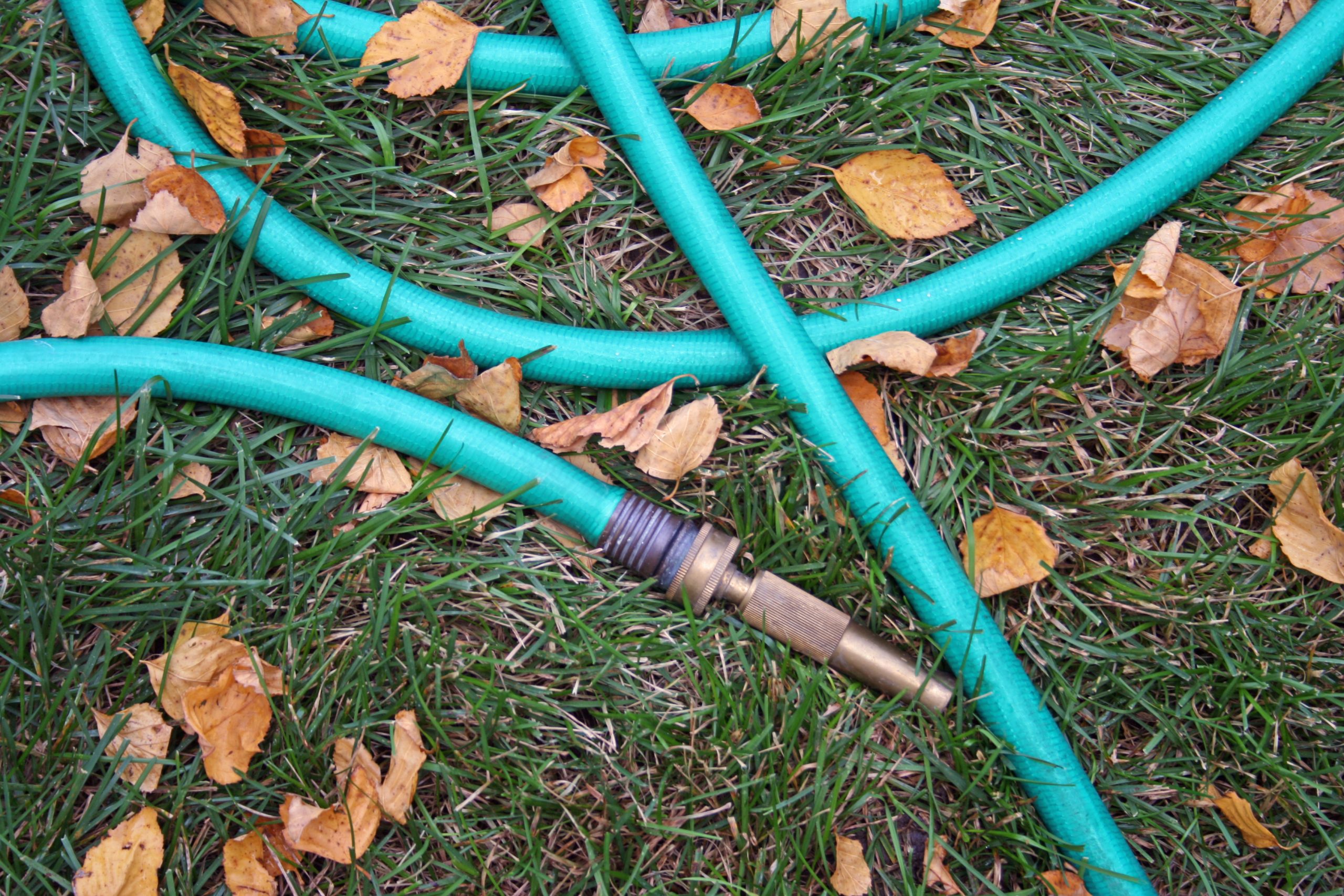
Fall Plumbing Checklist: Getting Your Home Ready for Winter
With cooler fall temperatures arriving, now is the time to make sure your home’s plumbing is ready for the cold. Freezing temperatures here in Minnesota can lead to burst pipes, water damage, and a lot of headaches.
A little proactive maintenance now can save you from a major plumbing emergency later. Here is your essential fall plumbing checklist to get your home’s water systems ready for the long winter ahead.
1. Disconnect and Drain Outdoor Faucets and Hoses
This is arguably the most important step for preventing a freeze-up. Even if you have “frost-free” faucets (which are common in newer Minnesota homes), a connected hose can trap water in the line, defeating the frost-free design and leading to a burst pipe inside your wall.
- Disconnect: Remove all garden hoses and attachments from your outdoor faucets.
- Drain: Drain the water from each hose before coiling and storing it in a dry, protected area like your garage or basement.
- Shut Off the Water: Locate the shut-off valve for your outdoor faucets inside your home (it’s often in the basement or utility room) and turn it off. Then, go back outside and open the faucet to allow any remaining water to drain out of the pipe.
2. Test the Sump Pump and Battery Backup
Autumn rains and melting snow can put a serious strain on your sump pump. A non-functioning pump can lead to a flooded basement, which is a homeowner’s worst nightmare. Checking every few months to make sure your sump pump still works can help you avoid a disaster.
- Pour a Bucket of Water: A simple DIY test is to slowly pour a bucket of water into the sump pit. The pump should turn on, expel the water, and then shut off.
- Check the Battery: If you have a battery backup system, you can test it by unplugging your main pump and then pouring water into the sump pit.
- Clean the Pit and Hose: Check for any debris in the pit that could clog the pump’s intake. The discharge hose should be free of any blockages and direct water at least 10 feet away from your home’s foundation.
3. Inspect and Insulate Exposed Pipes
Any pipes in unheated areas of your home, such as a garage, basement, or crawlspace, are at risk of freezing.
- Look for Vulnerable Areas: Take a walk through these areas and look for pipes that run along an exterior wall.
- Add Insulation: Wrap these pipes in foam pipe insulation, which is an inexpensive and easy-to-install product found at any hardware store. This simple step can provide a crucial layer of protection against freezing.
Rely on Robillard
Following this simple checklist can save you from a lot of stress and expensive repairs once the cold weather hits. By taking these few steps, you’ll ensure your home is ready for whatever a Minnesota winter throws at it. But if you ever have questions or need assistance with your home’s plumbing, don’t hesitate to reach out to the experts at Robillard. Whether you have a leak, a burst pipe, or a malfunctioning sump pump, we are here to help all year long.
Read More
